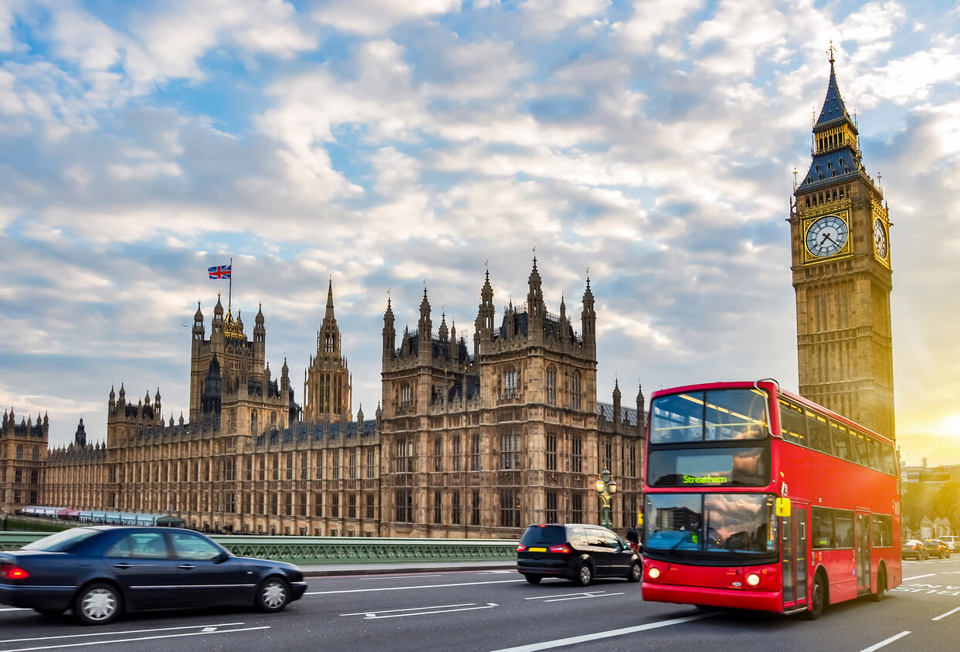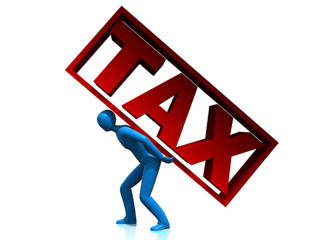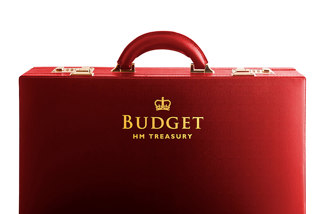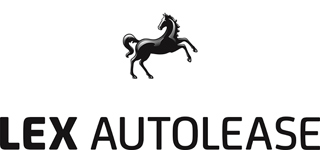The Government has announced a 1p per litre cut in fuel duty effective from 6pm on March 23 as part of a package of measures to reduce the impact of high oil prices on vehicle running costs.
Chancellor of the Exchequer George Osborne also announced the abolition of the fuel duty escalator, which has been responsible of increasing fuel duty above the rate of inflation.
Osborne said it would be replaced by a ‘fair fuel stabiliser’, which would ensure inflation-only rates of increase in fuel duty while oil prices are high.
The lost revenue would be offset by an increase in the Supplementary Charge on oil and gas production to 32% from midnight on March 23, as when oil prices are high, oil and gas production is more profitable.
The Budget report stated that the 2011-12 inflationary increase in fuel duty will be deferred to January 1, 2012 while the 2012-13 increase will be implemented on 1 August 2012.
In future years, if the oil price falls below a set trigger price on a sustained basis, the Government will reduce the Supplementary Charge back towards 20% on a staged and affordable basis while prices remain low.
Fuel duty will increase by retail price index (RPI) plus 1p per litre in each such year. The Government believes that a trigger price of $75 per barrel would be appropriate, and will set a final level and mechanism after seeking the views of oil and gas companies, and motoring groups.



















Login to comment
Comments
No comments have been made yet.